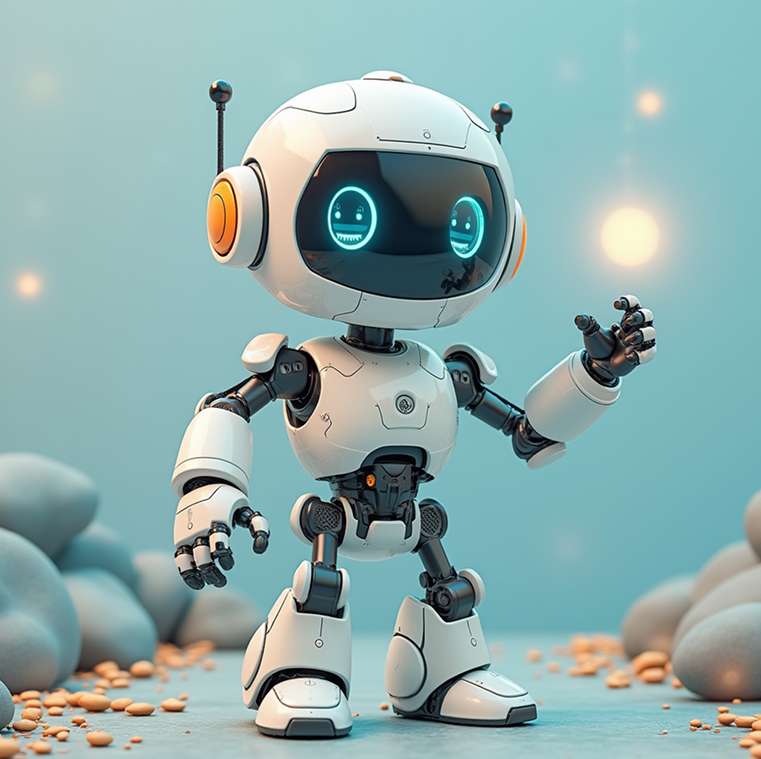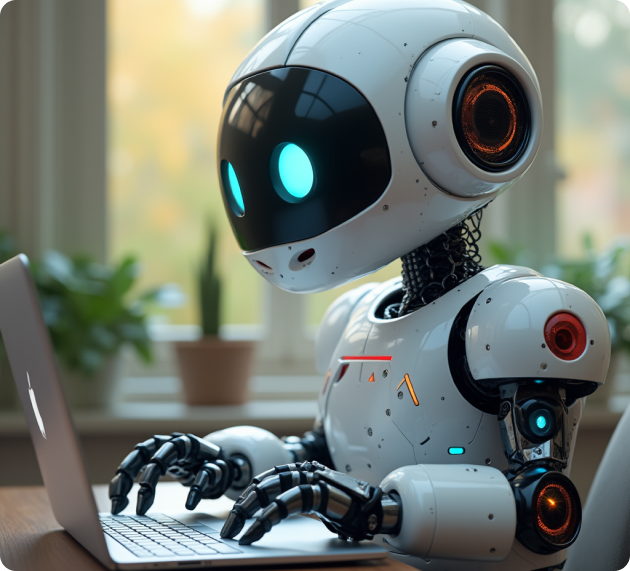The AI landscape is undergoing a fundamental transformation, evolving from simple tool-based interactions to sophisticated autonomous agents capable of complex reasoning, planning, and execution. This evolution represents the next major phase in artificial intelligence development, promising to revolutionize how businesses operate and compete in the global marketplace.
Current AI tools require explicit instructions and operate within narrow, predefined parameters. Users must specify exactly what they want the AI to do, provide detailed context, and guide the AI through multi-step processes. While powerful, this approach requires significant human oversight and intervention.
Autonomous AI agents represent a paradigm shift toward systems that can understand high-level objectives, develop their own strategies, and execute complex tasks with minimal human intervention. These agents will be capable of reasoning about problems, adapting to changing conditions, and making decisions based on evolving contexts.
Multi-model collaboration will become standard as AI agents orchestrate different specialized models to accomplish complex objectives. An autonomous agent might coordinate language models for communication, computer vision models for image analysis, and reasoning models for decision-making, all working together seamlessly.
Self-optimizing workflows represent another crucial development. Future AI systems will continuously analyze their own performance, identify inefficiencies, and automatically adjust their processes to improve results over time. This self-improvement capability will enable AI systems to become increasingly effective without human intervention.
The business implications of this evolution are profound. Companies will be able to delegate entire business processes to AI agents, from customer relationship management to supply chain optimization. These agents will work continuously, learning from each interaction and improving their performance over time.
However, this advancement also brings new challenges. Governance and control mechanisms must evolve to ensure AI agents operate within acceptable parameters and align with business objectives. Transparency and explainability become even more critical when AI systems make autonomous decisions.
The next 3-5 years will likely see the emergence of hybrid human-AI teams where intelligent agents handle routine operations while humans focus on strategic planning, creative problem-solving, and oversight. This collaboration model will enable unprecedented levels of productivity and innovation.
Businesses preparing for this future should focus on building AI literacy, developing robust data infrastructure, and creating flexible organizational structures that can adapt to increasingly autonomous AI capabilities.






